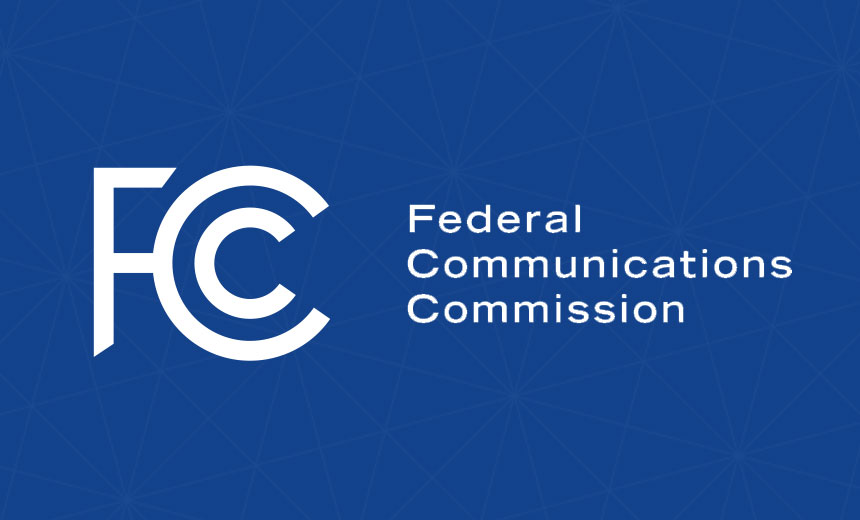The Federal Communications Commission (FCC) has issued a Notice of Proposed Rulemaking intending to strengthen consumers’ ability to revoke consent to receive both robocalls and robotexts, in addition to strengthening callers’/texters’ obligations to honor such requests in a timely manner.
The Telephone Consumer Protection Act (TCPA) restricts callers from making robocalls and robotexts unless they have received the prior express consent of the called party, subject to a couple of exemptions. The FCC’s proposed action would broaden a consumer’s ability to revoke consent in “any reasonable way.” For example, simply using words such as “stop,” “revoke,” “end,” or “opt out” in response to a call or text would create a presumption, absent contrary evidence, that the consumer has revoked consent.
Robocallers and robotexters would also be prohibited from using complicated or exclusive means to revoke consent. Additionally, for text messages, if the text does not allow for reply texts, the sender would risk potential liability under the TCPA unless it provides a clear and conspicuous disclosure on each text that two-way texting is not technically possible; the sender must also provide an alternative method to revoke consent.
The FCC recognized that a “reasonable” standard for revoking consent cannot encompass all possible methods, so the agency proposed that senders be allowed to make a showing that the consumer did not utilize a reasonable method to convey a request to revoke consent. For example, if the consumers directed their request to an unmonitored email address, the sender could argue that the consumer lacked a reasonable basis for expecting the sender to receive the request.
Under the current rules, there is no established specific time frame for honoring revocation-of-consent requests. The proposal would require robocallers and robotexters to honor revocation-of-consent requests within 24 hours of receiving such requests.
Last, the FCC seeks to codify prior declaratory rulings related to the TCPA. These include:
- Establishing that senders may send a confirmation text without violating the TCPA, when the purpose of the text is to inform the recipient that their request has been honored.
- Allowing senders to include a request for clarification in their one-time confirmation texts, provided they cease all further robocalls and robotexts absent an affirmative response from the consumer. Absence of a response would be treated as a revocation of consent.
- Any clarification text may not contain any marketing or advertising content or seek to persuade the recipient to reconsider their opt-out decision.
Interested parties may submit comments up to 30 days after publication in the Federal Register and replies 45 days after publication.




